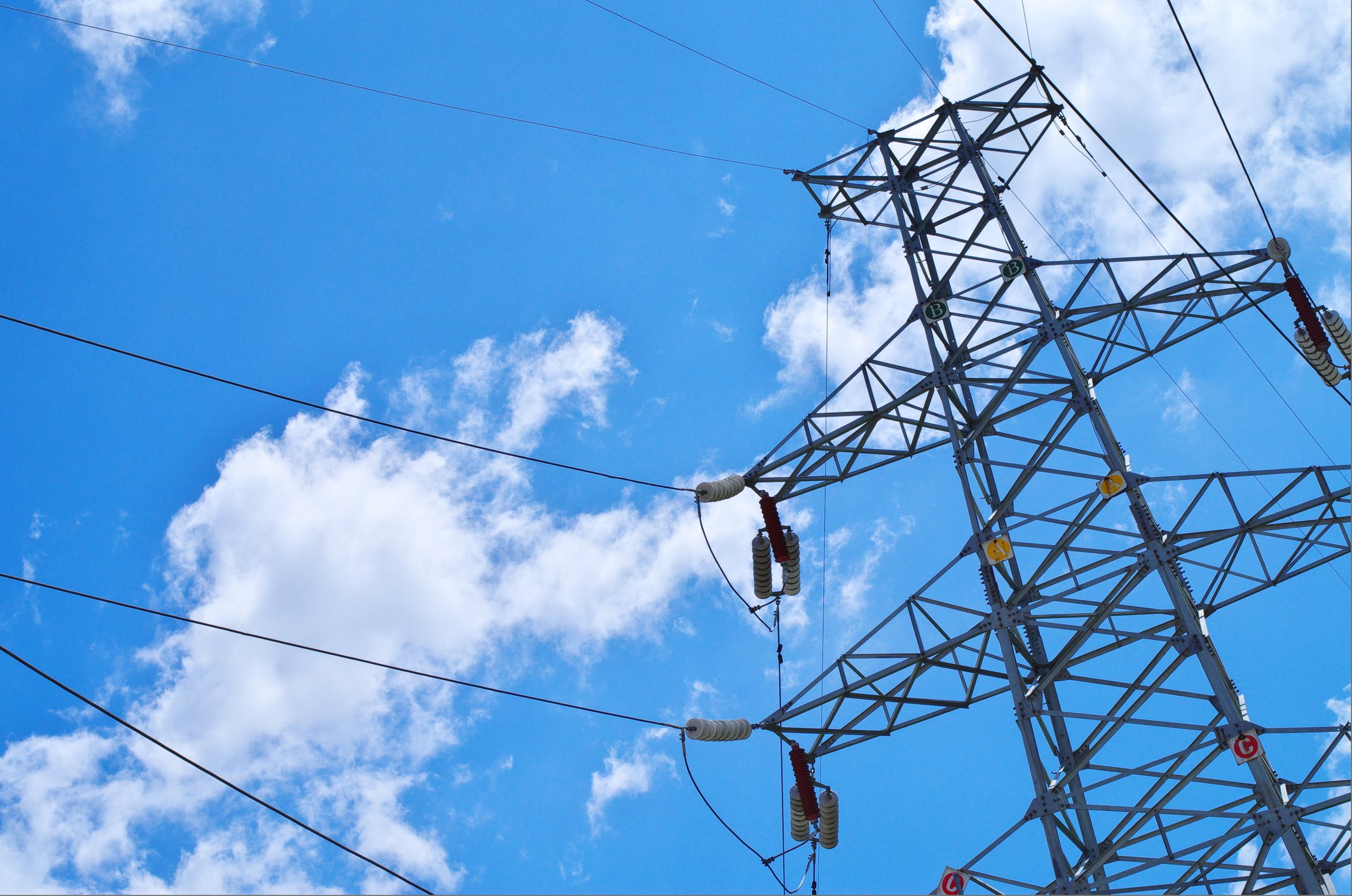TRENTON, NJ – The U.S. Constitution and the Bill of Rights might be above Governor Phil Murphy’s pay grade, but a new law that ties energy rates to a person’s income might want to make the governor take a closer look at the 14th amendment.
New Jersey’s latest energy policy experiment—an audacious plan to tie electricity rates to household income—has sparked outrage and raised serious constitutional questions. Unveiled as part of a broader push for “equity” by the state’s Board of Public Utilities (BPU) and championed by Democratic lawmakers under Governor Phil Murphy, this proposal would charge wealthier residents more per kilowatt-hour than their lower-income neighbors, regardless of usage.
While framed as a noble effort to ease the burden on the poor, this scheme is a blatant violation of equal protection under the law and a dangerous precedent for government overreach. You can’t charge rich people more at the supermarket, for health insurance, or for gasoline at the pump—so why do New Jersey Democrats think they can do it for electricity?
Imagine going to the supermarket and being asked to show your latest W-2 to see how much you’re going to have to pay for this week’s groceries.
The plan, still in its formative stages stems from a report commissioned by the BPU in 2024 and accepted earlier this month.
It suggests restructuring rates so that higher-income households shoulder a larger share of the state’s rising energy costs, ostensibly to subsidize lower bills for those with less means. Proponents argue it’s a matter of fairness, especially as electric bills are set to jump by up to 20% this summer due to supply shortages and misguided green energy policies.
But this isn’t fairness—it’s discrimination dressed up as compassion, and it flies in the face of the U.S. Constitution.
The Fourteenth Amendment guarantees all citizens “equal protection of the laws.” This bedrock principle means the government cannot arbitrarily treat people differently based on characteristics like wealth unless there’s a compelling reason tied to a legitimate state interest—and even then, it must be narrowly tailored. Charging someone more for the same kilowatt-hour of electricity simply because they earn more fails this test spectacularly.
Electricity isn’t a progressive tax or a welfare program; it’s a basic utility, a commodity purchased in a market. If a grocery store charged $5 for a loaf of bread to a millionaire but $2 to a minimum-wage worker, we’d call it unjust. If a gas station jacked up prices per gallon for luxury car owners, we’d cry foul. Yet New Jersey Democrats seem to believe they can rewrite the rules of commerce when it suits their ideological agenda.
This isn’t just a philosophical quibble—it’s a practical absurdity. In no other sector of private life do we tolerate price discrimination based on income.
Health insurance premiums might vary by risk factors or plan type, but not by your tax bracket.
Gasoline prices don’t scale with your paycheck. Even in regulated industries, fairness demands uniformity: a movie ticket costs the same whether you’re a CEO or a cashier. Electricity should be no different. The state’s justification—that wealthier residents can “afford” to pay more—crumbles under scrutiny. Ability to pay doesn’t entitle the government to demand more for the same service, any more than it could charge higher-income residents extra for tap water or road tolls.
The legal rot runs deeper. By tying rates to income, New Jersey risks violating the Constitution’s Commerce Clause, which prevents states from unduly burdening interstate commerce. Energy markets don’t stop at state lines; they’re part of a regional grid managed by PJM Interconnection.
If New Jersey’s scheme drives up costs for businesses—many of which would fall into the “wealthy” category—it could deter investment and economic activity, rippling across state borders. Courts have struck down similar discriminatory policies before.
In Metropolitan Life Insurance Co. v. Ward (1985), the Supreme Court invalidated an Alabama law taxing out-of-state insurers at a higher rate than local ones, ruling it lacked a legitimate purpose beyond economic favoritism.
New Jersey’s plan smacks of the same flaw: it punishes one group to benefit another without a rational basis grounded in utility service itself.
Democrats might counter that this is a necessary fix for a broken system, pointing to skyrocketing bills and the need to fund clean energy mandates. But the root cause of those rising costs lies in their own policy failures—shuttering reliable power plants, betting big on unreliable wind and solar, and neglecting grid upgrades—not in the wallets of the well-off.
Punishing success to paper over bad governance isn’t justice; it’s scapegoating. And the logistics? A nightmare. Verifying income for every ratepayer would require invasive data collection, eroding privacy and inviting abuse. What’s next—means-testing your water bill or your trash pickup?
This isn’t the first time blue states have flirted with income-based pricing. California toyed with a similar idea in 2022, only to see Democratic lawmakers backpedal after public backlash and legal pushback. New Jersey should learn from that fiasco. The Constitution doesn’t bend for trendy notions of “equity.” If lawmakers want to help struggling families, they should expand targeted subsidies like the Universal Service Fund—funded by all ratepayers equally—not rig the market against one group. Anything less is a betrayal of fairness and a step toward a dystopia where every purchase is a wealth tax in disguise.
New Jerseyans deserve better than this unconstitutional power grab. It’s time to tell Trenton: equal rates for equal use, or bust.

